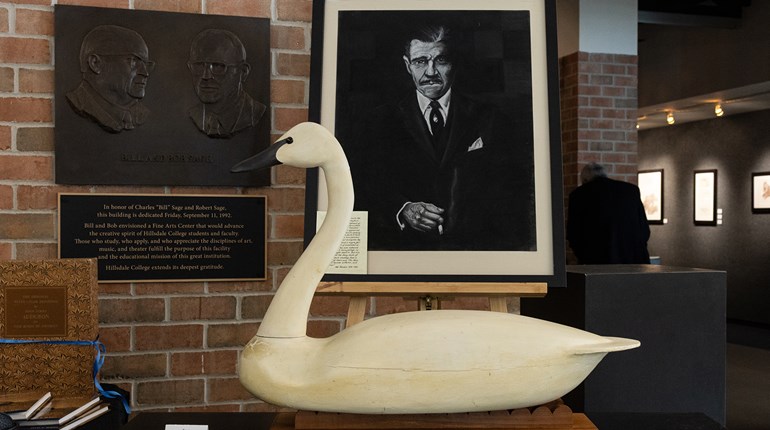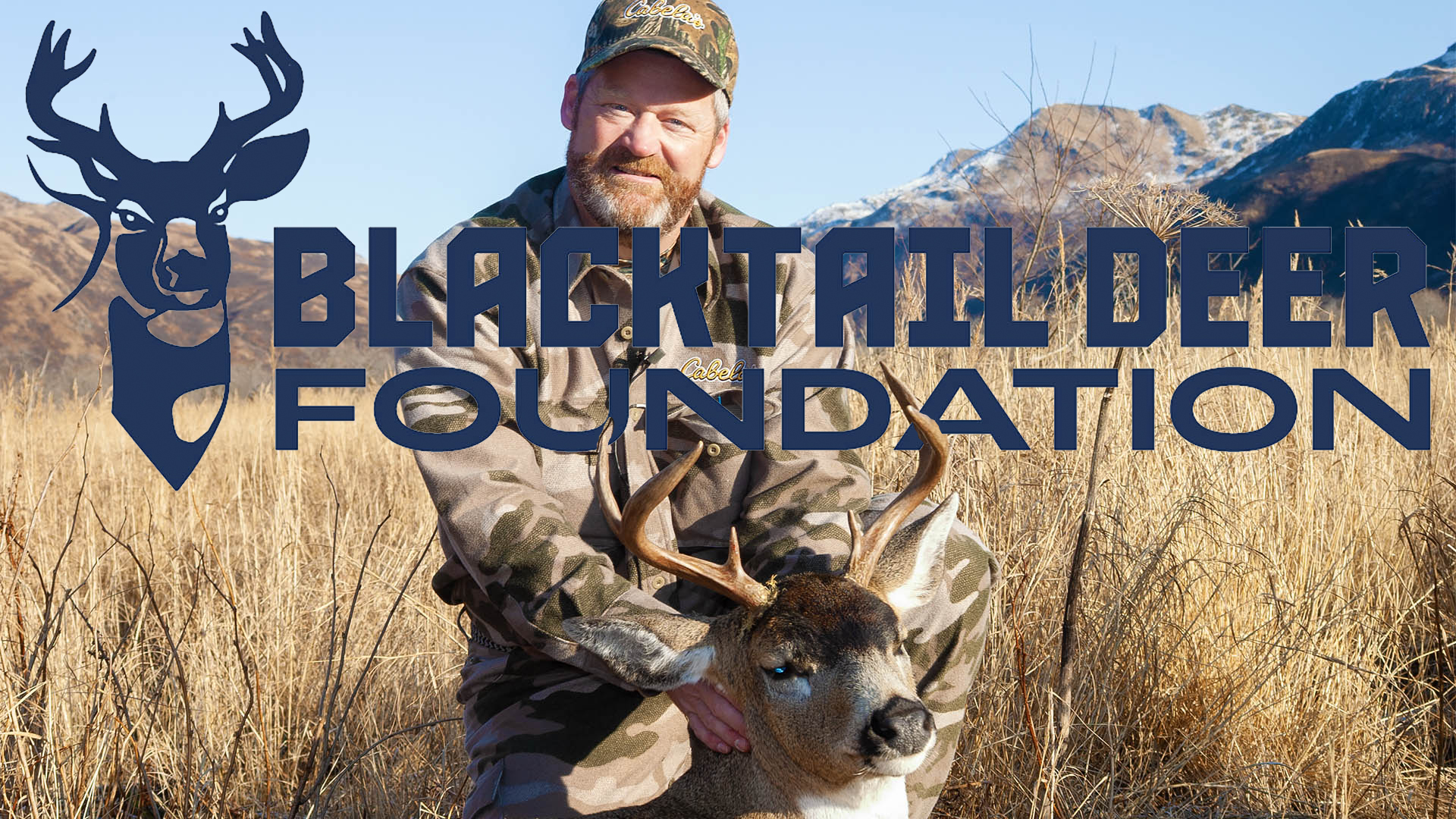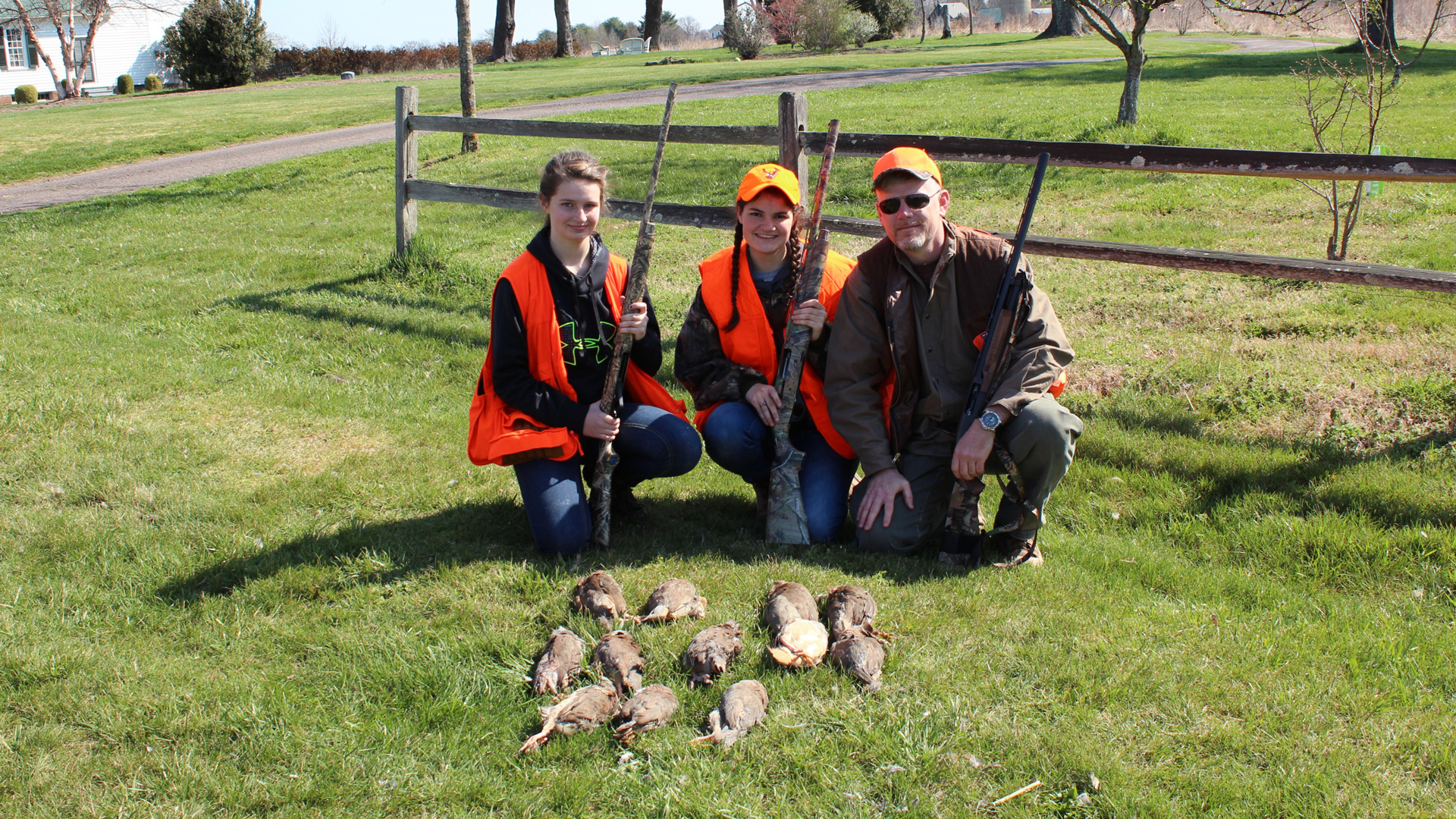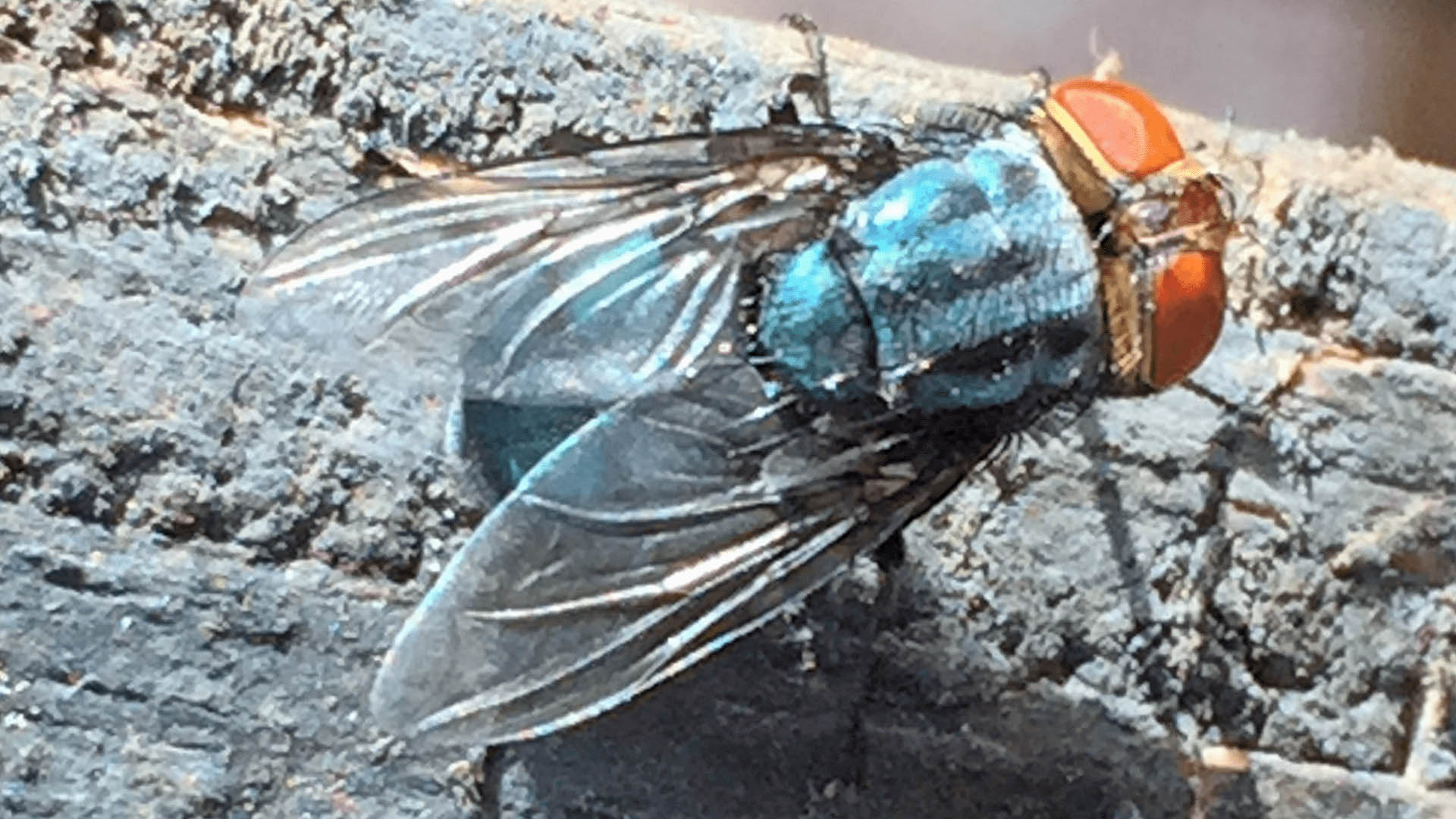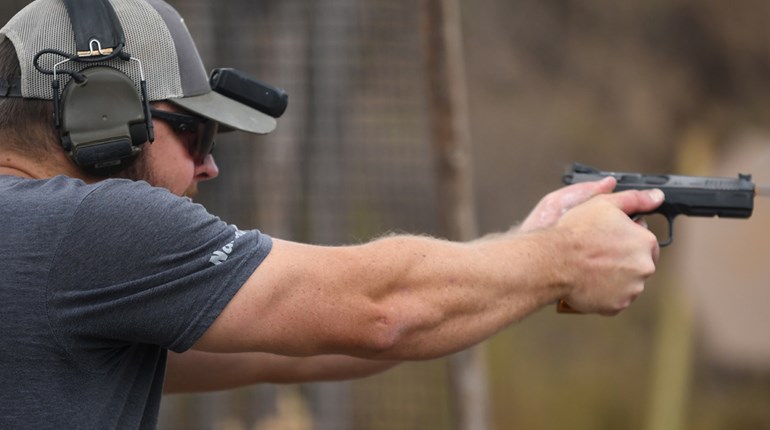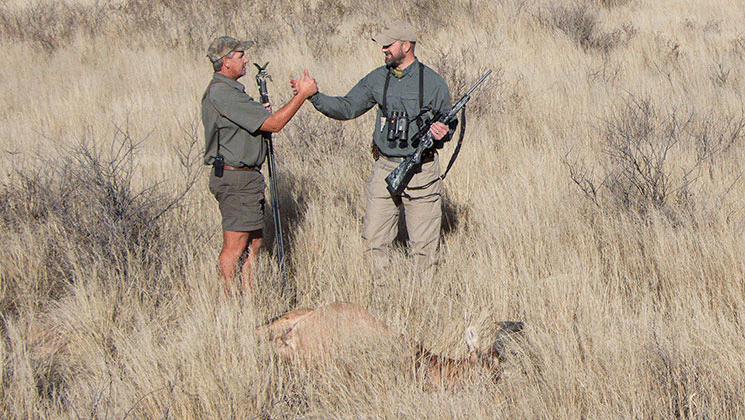
Remember the recent story we posted about how hunters are contributing $1.1 billion to U.S. wildlife conservation in 2016 alone?
Our collective economic impact doesn't end there. The latest scoop on what visiting hunters spend in Africa is $426 million annually according to a new study from market research firm Southwick Associates (SA). The report—“The Economic Contributions of Hunting-Related Tourism in Eastern and Southern Africa"—researched hunters' total economic contributions between 2012 and 2014 in the top eight African hunting destinations: South Africa, Namibia, Zimbabwe, Botswana, Ethiopia, Mozambique, Tanzania and Zambia. The findings? For starters, American hunters led the charge with the total number of visiting hunters worldwide exceeding 18,000 accounting for 53,000-plus jobs. Once again, hunting takes center stage as a driving force in wildlife conservation and in the growth of local economies.
For more on the study, which is so impressive that Bloomberg Economics covered it earlier this month, check out these five facts:
- The United States accounted for the greatest number of visiting hunters—74 percent—with Europe a distant second at 16 percent.
- Hunters spent an average of 14 days in Africa—11 of them hunting.
- Hunting parties averaged two hunters with one observer who provided additional economic benefits.
- The top three countries visited were South Africa (8,387), Namibia (7,076) and Zimbabwe (1,361).
- Average hunter spending was estimated at $26,000.
Commenting on the study, which was conducted on behalf of the Safari Club International (SCI) Foundation, Rob Southwick, president of SA, said,
This brings up an important point that emerged during the live "Hunters Conserve Wildlife" debate in New York City on May 4 when pro-hunting debater Catherine Semcer of H.O.P.E. (Humanitarian Operations Protecting Elephants) explained how photographic tourism and agriculture simply aren't feasible in many remote areas of Africa where hunting is the only viable method of providing economic opportunities and wildlife conservation incentives.
For more information on the study, click on the links below:
- Southwick Associates Full Report
- SCI Foundation - The Conservation Equation in Africa
- Bloomberg Economics Full Article













